Publications
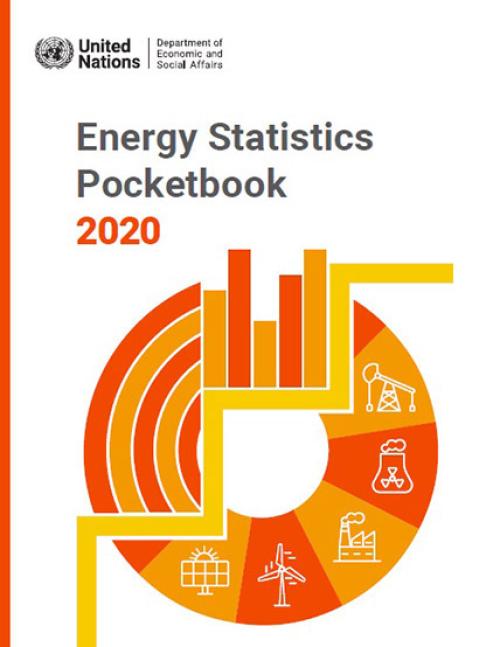
The Energy Statistics Pocketbook highlights the availability of data on various aspects of energy production, transformation and use and its linkages to other key statistics. It uses visual representations of key energy indicators to facilitate the understanding of the current state and developments in the energy sector. Energy is central to the achievement of the 2030 Agenda for Sustainable Development and the Paris Agreement on climate change, and sound energy statistics are the basis for the reliable measurement of progress, thereby assisting the formulation of policy measures to achieve international and national sustainable development goals.
Growing inequality in both developing and developed countries could exacerbate divisions and slow economic and social development according to a new UN report, the World Social Report 2020, that was launched today. More than two thirds of the world’s population today live in countries where inequality has grown, and inequality is rising again even in some of the countries that have seen inequality decline in recent decades, such as Brazil, Argentina and Mexico.
The impacts of inequality are being felt at the personal and national levels. According to the report, which is produced by the UN Department of Economic and Social Affairs, highly unequal societies are less effective at…
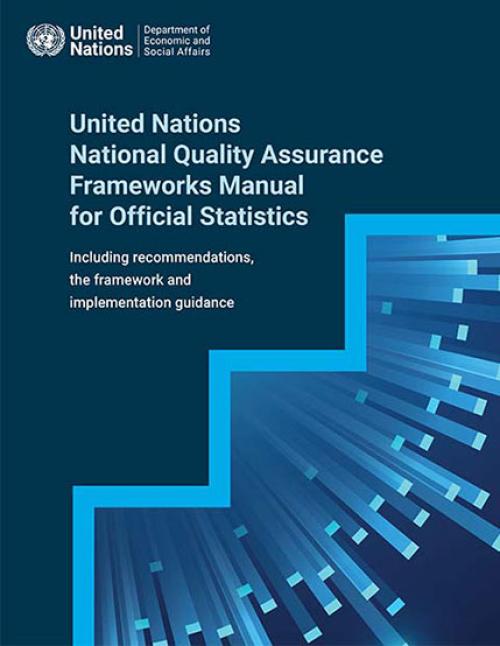
The United Nations National Quality Assurance Frameworks Manual for Official Statistics (UN NQAF Manual) provides recommendations on quality assurance, a UN quality assurance framework, and guidance for the implementation of a national quality assurance framework. The Manual aims at addressing quality assurance in different circumstances and situations, hereby supporting countries in safeguarding the role of official statistics as trusted source of information. The Manual is directed at assuring the quality of official statistics throughout the entire national statistical system but also provides guidance for engagement with entities that are outside of the national statistical system…
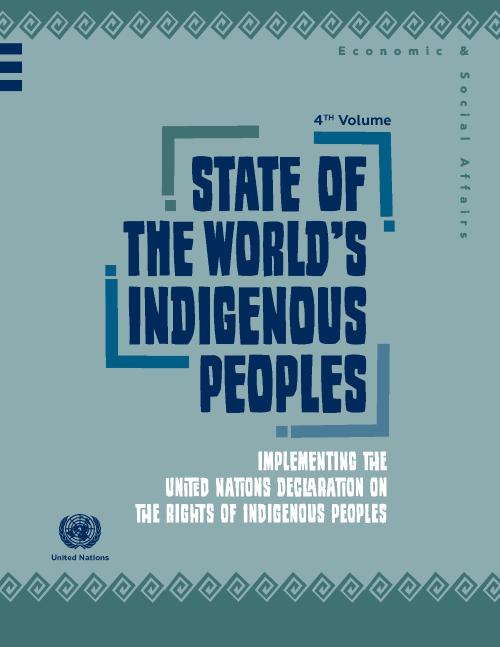
The United Nations Declaration on the Rights of Indigenous Peoples (UNDRIP) has been in place for more than a decade. Has it made a difference? What kind of impact has it had on the survival, dignity and well-being of indigenous peoples. How has it been used? What can be learned from the many ways in which it has been applied and from the obstacles encountered? What gaps and challenges still exist that may be preventing the full implementation of the Declaration? What is the way forward to realize the full potential and promise of the Declaration? These are the questions this publication seeks to explore. This edition of the State of the World’s Indigenous Peoples (SOWIP)…
The impacts of climate change and increasing inequality across and within countries are undermining progress on the sustainable development agenda, threatening to reverse many of the gains made over the last decades that have improved people’s lives, warns the 2019 report on the Sustainable Development Goals.
Launched during the UN High-level Political Forum on Sustainable Development, a critical annual stocktaking event, the report, based on the latest available data, remains the cornerstone for measuring progress and identifying gaps in the implementation of all 17 Sustainable Development Goals.
Four years since the adoption of the Sustainable Development Goals --…
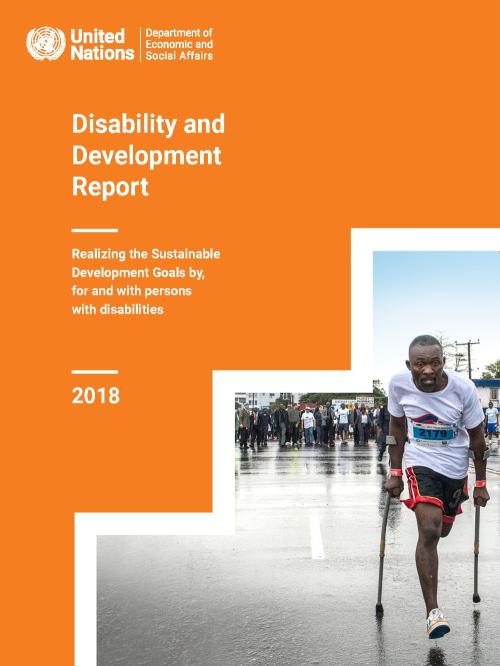
UN Disability and Development Report – Realizing the SDGs by, for and with persons with disabilities
The 2030 Agenda, pledging to “leave no one behind,” is an ambitious plan of action of the international community towards a peaceful and prosperous world, where dignity of an individual person and equality among all is applied as the fundamental principle, cutting across the three pillars of the work of the United Nations: Development, Human Rights and Peace and Security. It is critical to ensure, in this regard, the full and equal participation of persons with disabilities in all spheres of society and create enabling environments by, for and with persons with disabilities.
The UN Disability and Development Report – Realizing the SDGs by, for and with persons with…
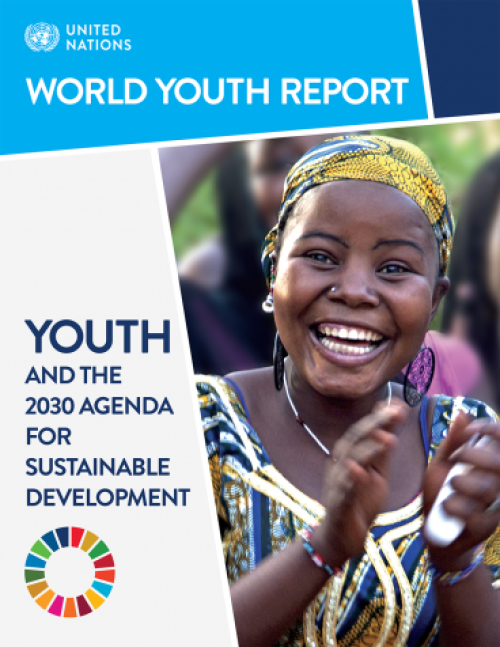
The World Youth Report on “Youth and the 2030 Agenda for Sustainable Development”, prepared by the United Nations Department of Economic and Social Affairs (UN DESA), examines the mutually supportive roles of the new agenda and current youth development efforts. The report provides insight into the role of young people in sustainable development in the context of the implementation of the 2030 Agenda for Sustainable Development and related frameworks, in particular, the Addis Ababa Action Agenda of the Third International Conference on Financing for Development and the World Programme of Action for Youth.
The Report considers the role the 2030 Agenda can play in enhancing youth…
A fast-changing climate, conflict, inequality, persistent pockets of poverty and hunger and rapid urbanization are challenging countries’ efforts to achieve the Sustainable Development Goals (SDGs), according to the UN’s latest SDG progress report.
The Sustainable Development Goals Report 2018 found that conflict and climate change were major contributing factors leading to growing numbers of people facing hunger and forced displacement, as well as curtailing progress towards universal access to basic water and sanitation services.
For the first time in more than a decade, there were approximately 38 million more hungry people in the world, rising from 777 million in…
Universal social protection is a potent development policy tool that can alleviate poverty, inequality and social exclusion. Few countries have been able to reduce poverty and improve living conditions on a broad scale without comprehensive social protection systems in place.
The international community’s consensus on the importance of social protection has been reinforced with the adoption of the 2030 Agenda for Sustainable Development. Target 1.3 of the Sustainable Development Goals stresses the role of social protection in ending poverty in all its forms, as it seeks the implementation of “nationally appropriate social protection measures and systems for all, including floors…
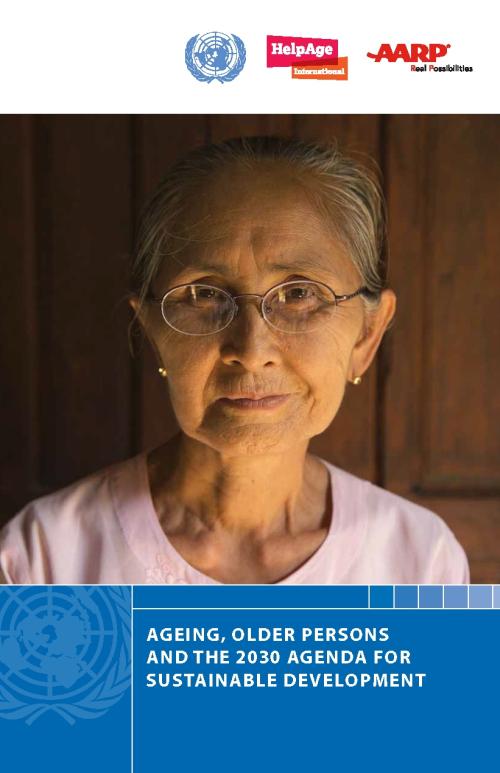
The 2030 Agenda for Sustainable Development sets out a universal plan of action to achieve sustainable development in a balanced manner and seeks to realize the human rights of all people. It calls for leaving no one behind and for ensuring that the Sustainable Development Goals (SDGs) are met for all segments of society, at all ages, with a particular focus on the most vulnerable—including older persons.
Preparing for an ageing population is vital to the achievement of the integrated 2030 Agenda, with ageing cutting across the goals on poverty eradication, good health, gender equality, economic growth and decent work, reduced inequalities and sustainable cities. Therefore, while…
If the world is to eradicate poverty, address climate change and build peaceful, inclusive societies for all by 2030, key stakeholders, including governments, must drive implementation of the Sustainable Development Goals (SDGs) at a faster rate, according to the The Sustainable Development Goals Report 2017, launched by UN Secretary-General Antonio Guterres.
Using the most recent data available, the annual Sustainable Development Goals Report provides an overview of the world’s implementation efforts to date, highlighting areas of progress and areas where more action needs to be taken to ensure no one is left behind. The Sustainable Development Goals Report 2017report found that…
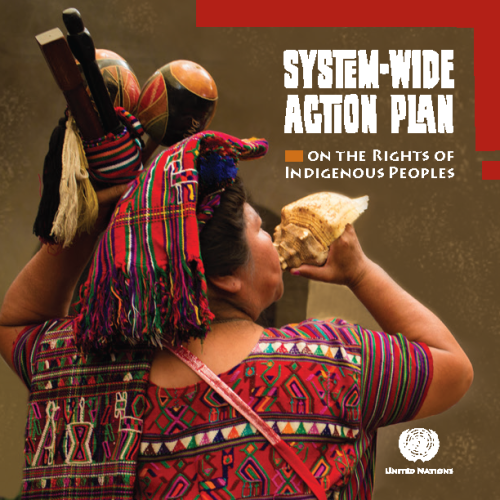
This action plan builds on the momentum and spirit of the 2014 World Conference on Indigenous Peoples and to this end will promote partnership and collaboration between the UN system, civil society organizations, and multilateral bodies such as regional development banks and human rights special procedures and commissions.
This system wide action plan will contribute to the fit for purpose agenda by ensuring stronger linkages between the normative and operational work of the United Nations, increasing coordination and coherence in addressing the rights of indigenous peoples. It calls for strengthened United Nations senior level engagement, encouraging work with Member…
 Welcome to the United Nations
Welcome to the United Nations